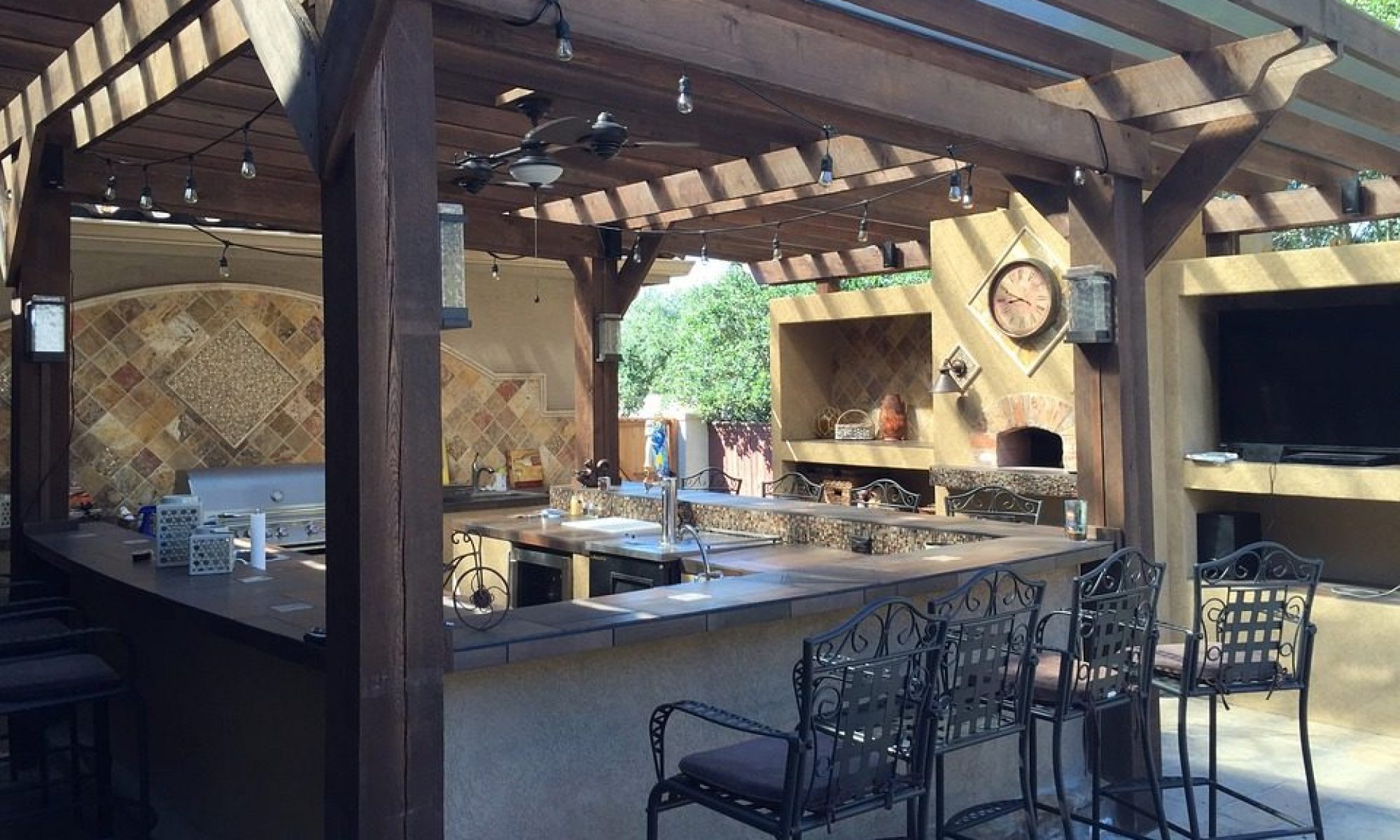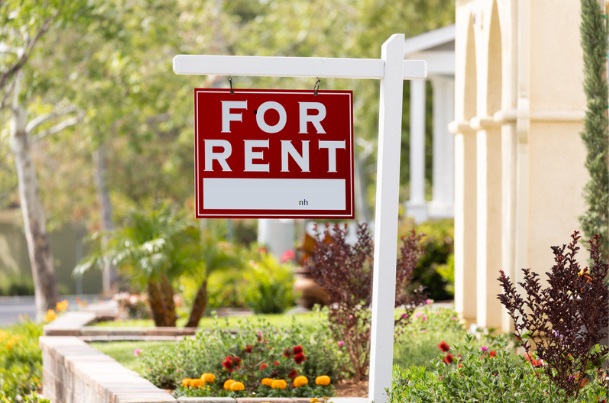Investing in a rental property is a great way to generate steady, ongoing income. And if you hold on to a rental property for many years, it could appreciate quite nicely in value over time.
But investing in real estate isn’t the same thing as investing in assets like stocks. Real estate requires a lot of hands-on work, and there are notable risks involved. So if you’re looking at buying a rental property, be sure to consider these things first:
-
- Know your costs.
- Have a great real estate lawyer.
- Make sure your property isn’t subject to rental restrictions.
- Be mindful of surprise costs.
- Understand what being a landlord really means.
- Don’t assume hiring a property manager is a perfect solution.
- Prepare for your rental to sit vacant.
- Make sure you have plenty of cash reserves.
It’s important to purchase a rental property you can comfortably afford. But many first-time investors don’t realize what it takes to close on a rental property.
Lindsay Barton Barrett, a real estate agent with Douglas Elliman in Brooklyn, New York, explains that it takes more than just a down payment to finalize a rental property purchase.
“Even from the get-go, it’s really, really important to understand all of the actual closing costs on a purchase, because they can really creep up on you,” she says. Barton Barrett also warns that closing costs can’t always be financed, so it’s important to make sure you’re not maxing out your budget on a down payment itself.
When you’re making an investment in real estate, “you need to have the right professionals in place advising you,” says Barton Barrett. And she especially thinks it’s important to have a great lawyer.
Not only should your real estate attorney be doing plenty of due diligence for you, but they should also make a point to explain what they’re doing. As Barton Barrett explains, a lawyer might say “oh, this contract or arrangement looks standard.” But do you know what “standard” means? If you’re new to real estate investing, you may not.
When you’re looking to rent out a property on a short-term basis, there can be specific hurdles you might face that won’t apply to a long-term rental. Those restrictions, says Barton Barrett, tend to come at the local level, or at the HOA level for properties that are part of a homeowners association.
Now you may be inclined to move forward with a rental property purchase because you’ve seen a unit or home within the same complex listed consistently for short-term rental purposes. But Barton Barrett cautions that won’t automatically give you the green light to do the same.
“Don’t assume if the neighboring apartment shows up on Airbnb that it’s legal,” she says. “Airbnb does not police those situations.”
Surprise costs can eat into your profits and, in some cases, exceed them. These can range from rising property taxes to maintenance and repairs.
Barton Barrett warns, “If you’re renting out a condo, there may be fees associated with renting that unit out.” It’s essential that you understand what costs apply in these situations.
Barton Barrett also says that investors who buy rental properties in newly constructed or remodeled buildings can get hit with higher than anticipated property taxes. In that situation, she explains, “It can take a couple of years for property taxes to catch up to the value of a building or property that’s been renovated. Sometimes taxes can double over the course of a year.”
One way to potentially mitigate surprise costs when buying a rental property is to vet it thoroughly before completing your purchase, says Eddie Martini, strategic real estate investment advisor at Real Estate Bees.
“As you walk through the property, you want to look at things like a home inspector would,” he says. “Assume nothing functions properly until you prove it functions properly. “
Becoming a landlord doesn’t just mean taking on the expense of maintaining a rental property. It also means having to be available at all times and deal with tenant issues as they arise.
“It’s important to understand that if something breaks, you have to fix it right away,” says Barton Barrett. “You might be disturbed early in the morning or late at night if an issue arises.”
It’s possible to minimize your work as a landlord by hiring a property manager to oversee your rental. This solution may be appealing, but Barton Barrett warns that it isn’t perfect.
“Property managers are not all phenomenal,” she says. And, a property manager can go out of business, or fail to give your tenants the service they want.
Barton Barrett also says that delegating absolutely everything to a property manager could mean compromising the value of your investment. After all, if a property manager puts on the wrong roof, it’s going to hurt you financially.
That said, one benefit of using a property manager is that, according to Martini, they will “typically have access to vetted contractors who can assist with needed repairs.” So while you may not be able to rely on your property manager to do everything, their connections might come in handy.
When it comes to making money on a rental, a lot of the financial upside you see is apt to come in the form of property appreciation. But you’ll still need to cover your costs along the way. And Barton Barrett warns that you may not always have a tenant paying rent to offset those costs.
If you’re relying on commanding the top rent for your property, she says, “It might take six months to get a tenant instead of one.”
Because owning a rental property can cost more than expected, it’s important to have plenty of cash reserves on hand to cover those expenses as they arise. You might have to pay for a sudden repair, or you might end up with an apartment that has to sit vacant for a handful of months until a major issue is fixed.
Having a solid cushion of money in the bank could help you avoid cash flow issues when situations like these arise. And it might buy you more peace of mind. That said, when you own a rental property, there really is an endless opportunity for something to go wrong, and you’ll need to come to terms with that before taking the leap.
“If you want a worry-free investment,” says Barton Barrett , “real estate is probably not the right thing.”
Source: realestate.usnews.com ~ By: Maurie Backman ~ Image: Canva Pro

